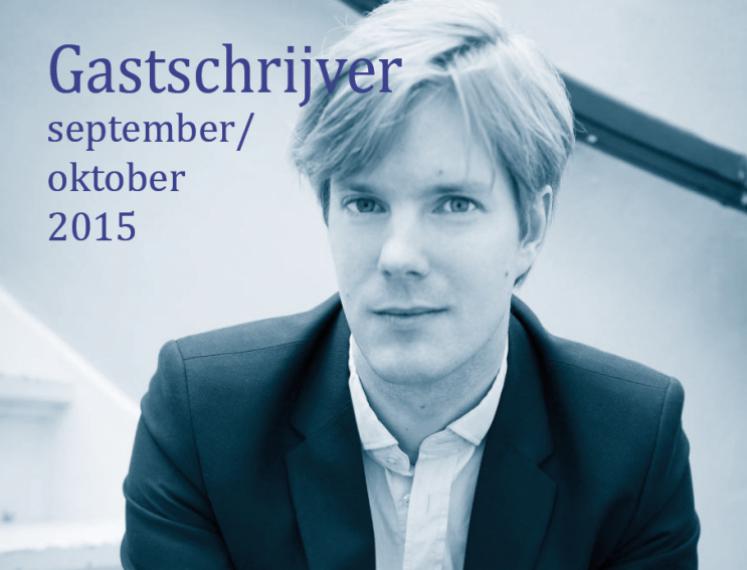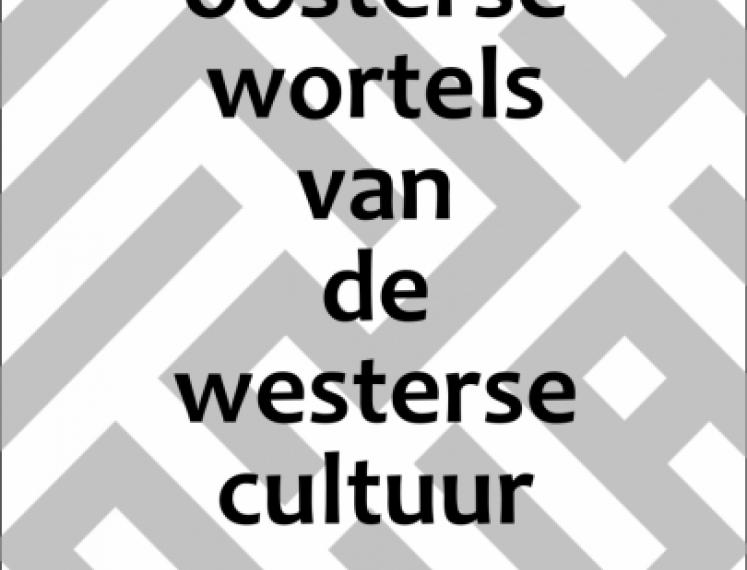
Vera
Oosterstraat 44
Groningen
Netherlands
Hip Hop Origins
Hip hop's extraordinary origins, evolution, and influence on worldwide culture over the past forty years provide a unique opportunity to explore its impact not only on dance, art, and music, but also on such challenging issues as race, privilege, and social justice. Rich Medina will lead our in-depth exploration of hip hop's core artistic elements. He is a celebrated DJ, producer and lecturer at Cornell University, The Barnes Foundation and Lincoln University.
There are few nightclub DJs that have accomplished as much as Rich Medina. From his humble beginnings at Philadelphia to his as a worldwide phenomenon, Medina has taken crowds on every continent on a sonic journey through hip-hop, house, afrobeat, funk and soul, unearthing one musical gem after another and adhering to a singular, uplifting creed: Love Afro Life. Also renowned as an educator, music producer, spoken word artist, journalist and professional athlete, he is a true renaissance man. Rich is a card-carrying member of the Rock Steady Crew and the Universal Zulu Nation and he has consistently lent his name to charitable organizations close to his heart, most recently The Africa Center, Room to Grow and GrassRoots.
Photo: Scott La Rockwell
This lecture is organized by Studium Generale Groningen in collaboration with LOFT and VERA.
Unfortunately, we're not allowed to show you the video of this lecture, but you can watch his lecture of 8 April 2019 below.


